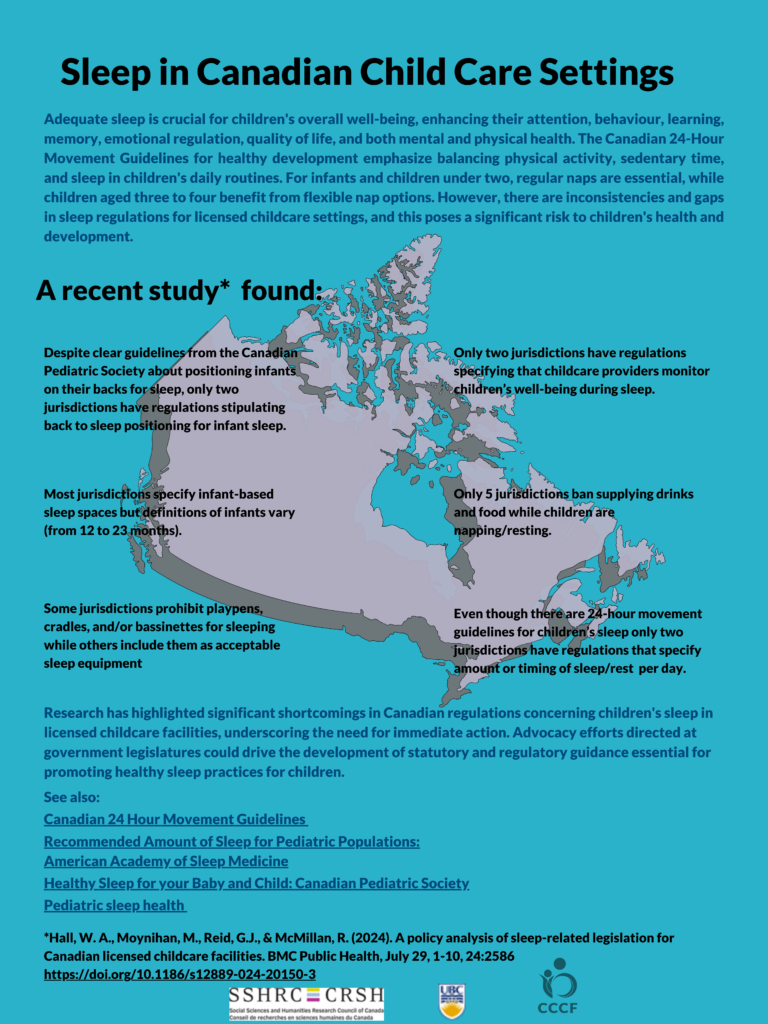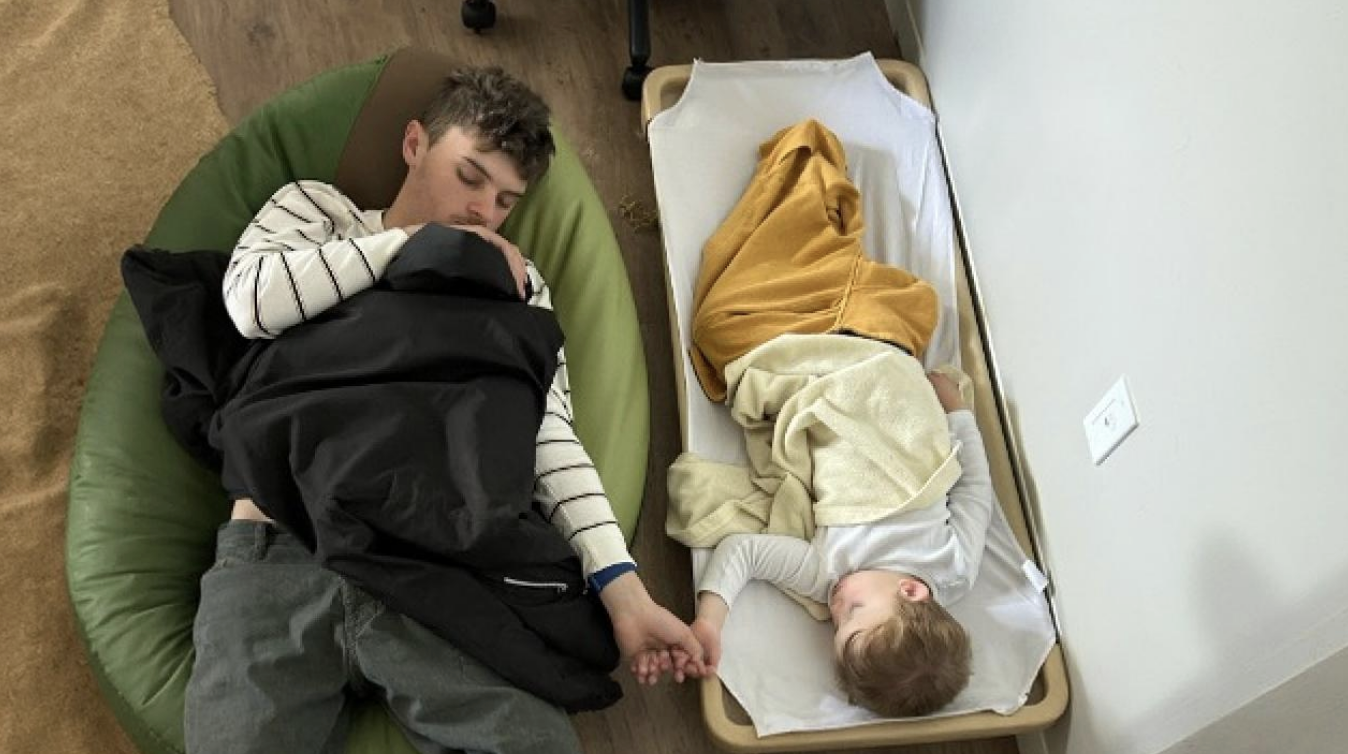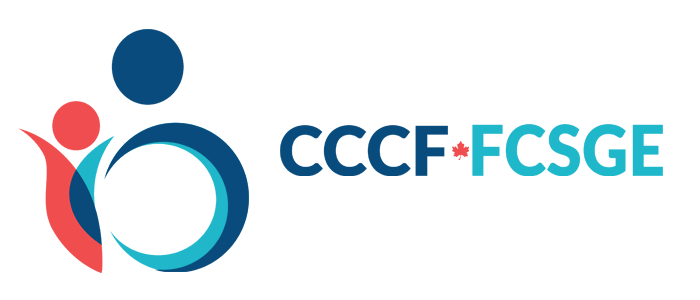More than half of Canadian children aged 0-5 are in childcare, yet there are no consistent regulations governing sleep in licensed childcare facilities. This lack of guidance can jeopardize children’s health, as adequate sleep is essential for cognitive, emotional, and physical well-being.
Key Issues with Current Regulations:
- Only two jurisdictions require providers to monitor children during sleep.
- Only two jurisdictions mandate back sleeping for infants, despite clear Canadian Pediatric Society guidelines.
- Few regulations specify appropriate sleep/rest durations, and definitions of “infant” vary widely.
- Some jurisdictions ban food/drinks during rest, while others do not.
- Sleep equipment rules (e.g., playpens, cradles) are inconsistent across provinces.
- Many childcare centres provide just one nap period per day, which may not meet infants’ needs or may force older children to sleep unnecessarily.
Why It Matters:
- Sleep needs change rapidly between 4 months and 18 years.
- Inconsistent policies may widen socioeconomic gaps, as naps can help children from lower-income families compensate for poor nighttime sleep.
- Many policy manuals are outdated, leaving childcare providers without clear guidance.
Call to Action:
- Advocacy: Groups like the Canadian Sleep Society and Canadian Pediatric Society should push for improved sleep regulations.
- Parental Awareness: Parents can use Canadian Pediatric Society resources to advocate for their child’s sleep needs in childcare.
- Professional Development: Childcare providers should receive better training on healthy sleep practices, but sleep education remains limited in many allied health and childcare fields.
- Further Research: More studies are needed on preschoolers’ changing sleep needs and how parents navigate advocating for better sleep policies.
By collaborating—parents, childcare providers, researchers, and policymakers can work towards standardized, evidence-based sleep regulations that prioritize children’s health and development.
See also:
BMC Public Health: A policy analysis of sleep-related legislation for Canadian licensed childcare facilities













